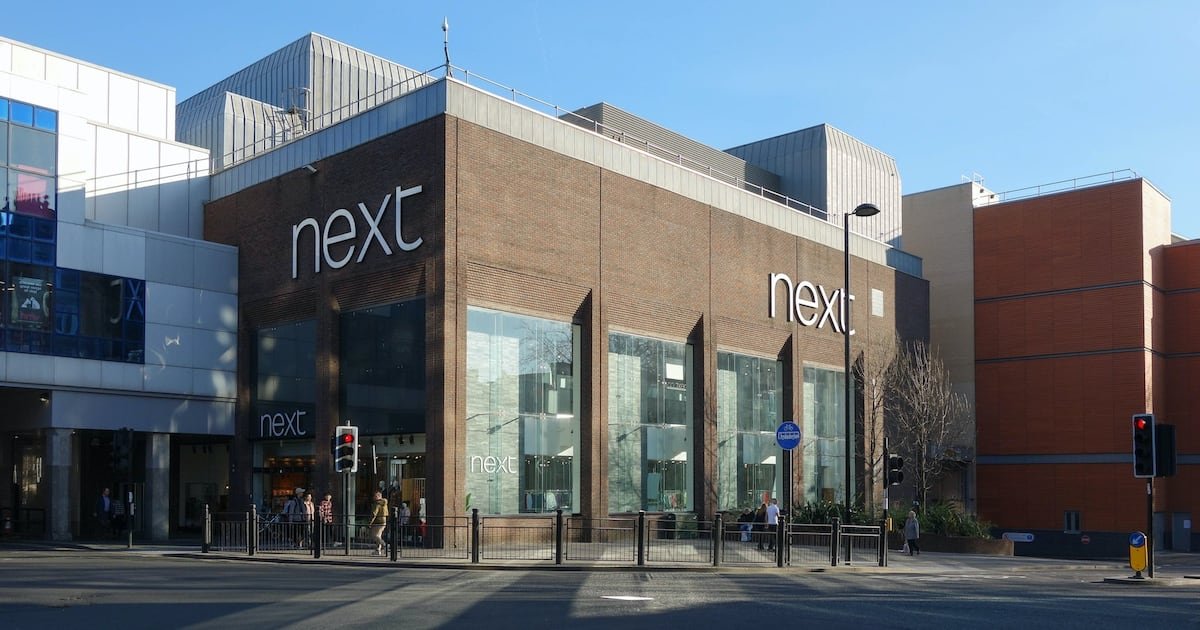The fashion and homewares retailer also said UK sales growth was likely to slow as the tax increases for employers and their potential impact on prices and the job market “begin to filter through into the economy”.
The group said it planned to use more mechanisation in its warehouses to offset the rising costs from the increase in employers’ national insurance contributions and the rise in the legal minimum wage, while it expected no increase in the factory gate prices of its goods.
The 1 percent increase comes after Next raised prices by more than 7 percent in spring 2023 and 2 percent that autumn. However, it said last year that prices were coming down as product and distribution costs reduced.
The group upped its profit forecasts by £5 million after better than expected sales in the key festive trading period.
In a detailed report, the Next chief executive, Lord Wolfson, said a trend for shoppers to buy fewer, marginally more expensive items was also expected to continue through 2025, helping offset higher costs.
The retailer’s warning on price rises come after it reported a 5.7 percent rise in sales in the nine weeks to 28 December, excluding the impact of the change in timing of when it launched its end-of-season discounts.
Sales online, including Next branded items and its Label selection of other well-known brands, rose by 6.1 percent and overseas online sales were up by more than 30 percent, but sales in stores fell by 2.1 percent.
It expects annual profits in the year to the end of January to rise 10 percent to just over £1 billion for the first time.
However, the company said UK sales growth would slow to 1.4 percent in 2025, from 2.5 percent last year, because of concerns about the impact of tax increases and overseas growth would also moderate as it reduced marketing spend.
The group is expected to be among the festive winners as fashion retailers had been expected to have endured a tough end to the year as a mild autumn led to widespread discounting across the high street.
The retailer is known for holding out on discounting until late in the season and so may have benefited more from the late arrival of colder weather as well as its strong online service.
Marks & Spencer will report on its Christmas performance later this week and is also expected to have outperformed smaller rivals.
By Sarah Butler
Learn more:
Exclusive: Next Launches Luxury E-Commerce Site ‘Seasons’
The UK retail giant is tapping into the luxury e-commerce market with a dedicated site for higher-end brands.









“This post has helped me solve my issue, thanks a ton!”